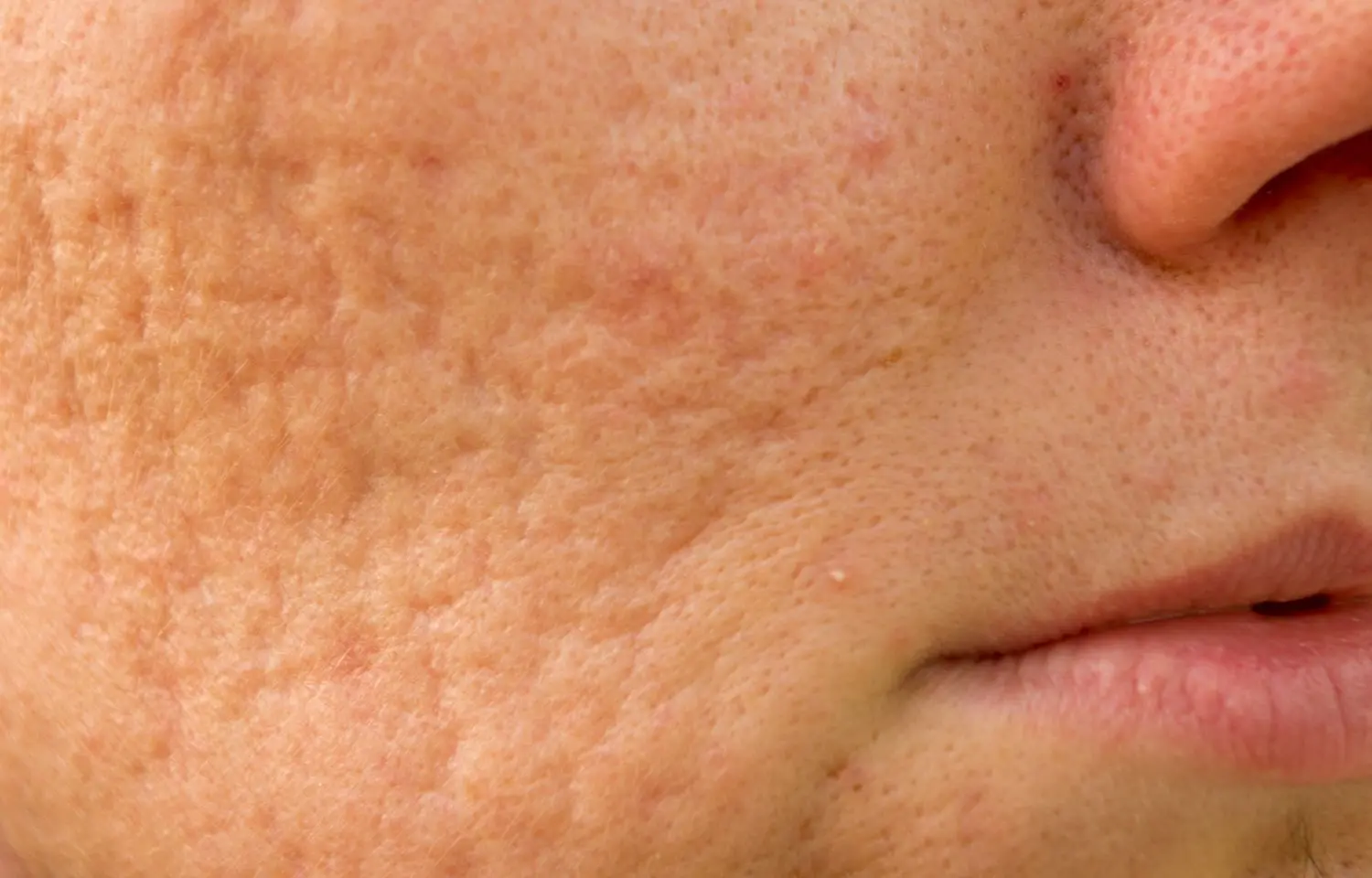- Home
- Medical news & Guidelines
- Anesthesiology
- Cardiology and CTVS
- Critical Care
- Dentistry
- Dermatology
- Diabetes and Endocrinology
- ENT
- Gastroenterology
- Medicine
- Nephrology
- Neurology
- Obstretics-Gynaecology
- Oncology
- Ophthalmology
- Orthopaedics
- Pediatrics-Neonatology
- Psychiatry
- Pulmonology
- Radiology
- Surgery
- Urology
- Laboratory Medicine
- Diet
- Nursing
- Paramedical
- Physiotherapy
- Health news
- Fact Check
- Bone Health Fact Check
- Brain Health Fact Check
- Cancer Related Fact Check
- Child Care Fact Check
- Dental and oral health fact check
- Diabetes and metabolic health fact check
- Diet and Nutrition Fact Check
- Eye and ENT Care Fact Check
- Fitness fact check
- Gut health fact check
- Heart health fact check
- Kidney health fact check
- Medical education fact check
- Men's health fact check
- Respiratory fact check
- Skin and hair care fact check
- Vaccine and Immunization fact check
- Women's health fact check
- AYUSH
- State News
- Andaman and Nicobar Islands
- Andhra Pradesh
- Arunachal Pradesh
- Assam
- Bihar
- Chandigarh
- Chattisgarh
- Dadra and Nagar Haveli
- Daman and Diu
- Delhi
- Goa
- Gujarat
- Haryana
- Himachal Pradesh
- Jammu & Kashmir
- Jharkhand
- Karnataka
- Kerala
- Ladakh
- Lakshadweep
- Madhya Pradesh
- Maharashtra
- Manipur
- Meghalaya
- Mizoram
- Nagaland
- Odisha
- Puducherry
- Punjab
- Rajasthan
- Sikkim
- Tamil Nadu
- Telangana
- Tripura
- Uttar Pradesh
- Uttrakhand
- West Bengal
- Medical Education
- Industry
Microneedling better than chemical peels for treatment of acne scar

Acne vulgaris is one of most common skin diseases that frequently results in scarring. The scars secondary to acne can lead to physical disfigurements and a profound psychological impact. Therefore early and effective treatment is the best means to minimize and prevent acne scarring. In patients with darker skin tones, current acne scar treatments pose complications, including dyspigmentation, further scarring, and overall unsatisfactory clinical outcomes.
Chemical peels are a common treatment for acne scars. However a Rutgers study has found that microneedling is significantly more effective for patients with dark skin compared to 35% glycolic acid peels for acne scar treatment
Babar Rao, a professor of dermatology and pathology at Robert Wood Johnson Medical School, and fellow researchers randomly assigned 60 patients with acne scars and dark skin-Fitzpatrick Skin Phototype IV to VI-to treatment with either 35 percent glycolic acid chemical peels or microneedling, both administered every two weeks for 12 weeks.
Microneedling is a cosmetic procedure involving tiny, sterilized needles that pierce the skin to stimulate collagen production and reduce scarring. Chemical peels involve applying a solution to the skin that removes the top layers.
Treatment produced an improvement of two points or more on the Goodman and Baron Scarring Grading System in 33 percent of patients who received chemical peels and 73 percent of patients who underwent microneedling.
"Based on the results of this study, patients whose darker skin precludes the use of stronger chemical peels, which can permanently discolor darker skin, should treat acne scars with microneedling," said Rao, the senior author of the study. "For patients with lighter skin who can use stronger peels without risk of discoloration, chemical peels might still be the best option for some."
The researchers concluded that microneedling provided better treatment outcomes compared to 35% glycolic acid peels for acne scar treatment in our patient population with Fitzpatrick Skin Phototypes IV to VI.
Reference:
Fatima Ishfaq, Rohan Shah, Shawana Sharif, Nadia Waqas, Marielle Jamgochian, Babar Rao, PMID: 35783564 PMCID: PMC9239127
Dr Kamal Kant Kohli-MBBS, DTCD- a chest specialist with more than 30 years of practice and a flair for writing clinical articles, Dr Kamal Kant Kohli joined Medical Dialogues as a Chief Editor of Medical News. Besides writing articles, as an editor, he proofreads and verifies all the medical content published on Medical Dialogues including those coming from journals, studies,medical conferences,guidelines etc. Email: drkohli@medicaldialogues.in. Contact no. 011-43720751


